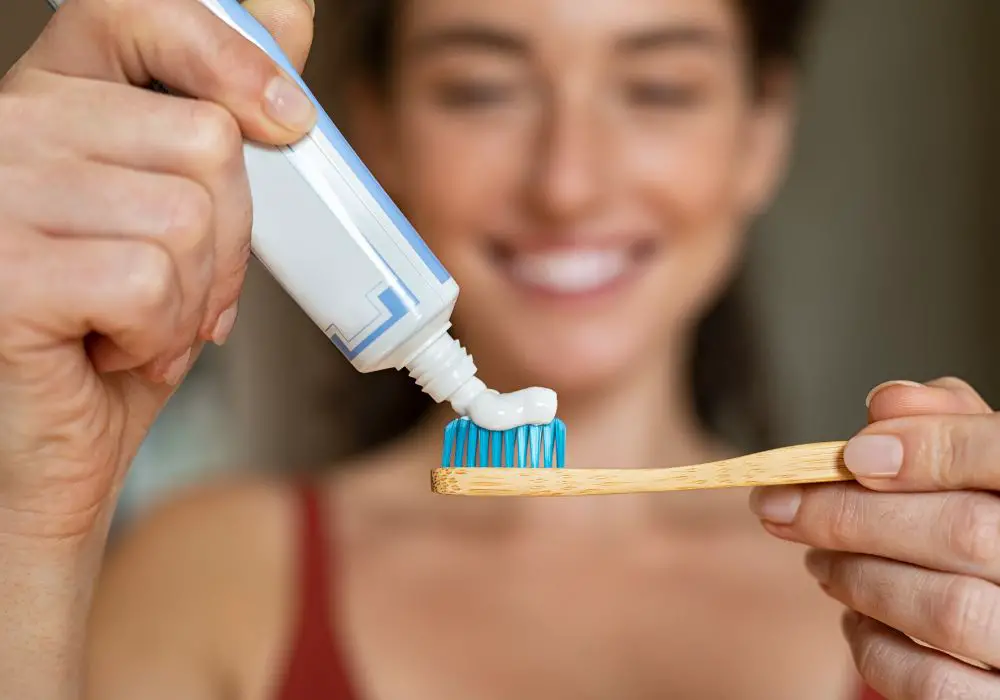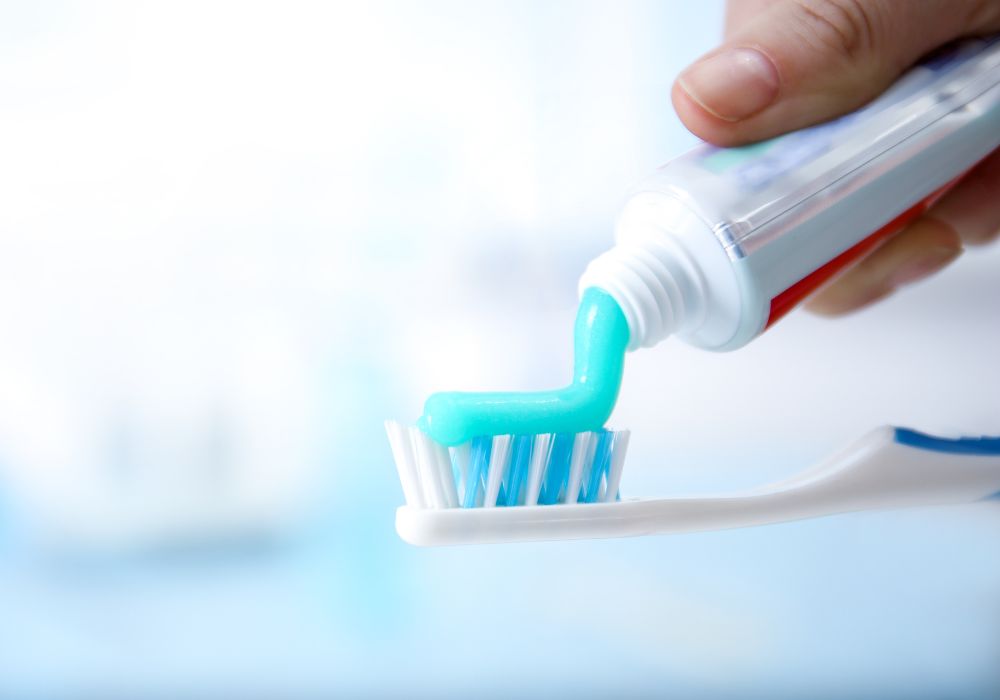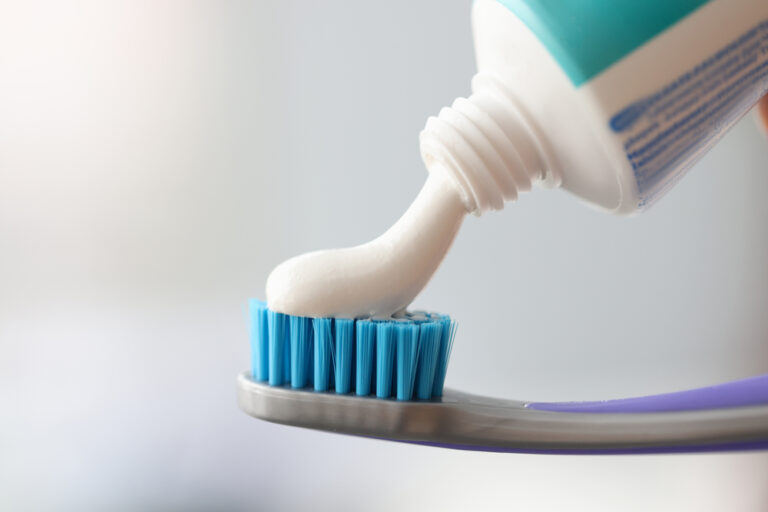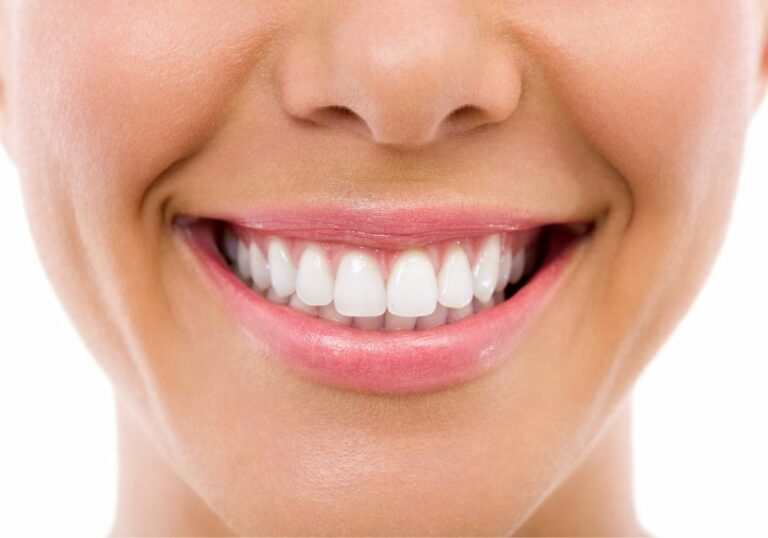If you have diabetes, you may already know that controlling blood sugar levels is crucial for your overall health. You may be watching what you eat, exercising regularly, and taking medication or insulin as prescribed. However, did you know that certain dental products, such as toothpaste and mouthwash, could potentially affect your blood sugar levels?
Recent research suggests that some ingredients commonly found in toothpaste and mouthwash, such as fluoride and alcohol, may have an impact on blood sugar levels. For example, fluoride has been shown to increase insulin resistance, which can lead to higher blood sugar levels. Similarly, alcohol can affect the liver’s ability to regulate blood sugar, potentially leading to spikes or drops in glucose levels.
While more research is needed to determine the extent of the impact of dental products on blood sugar levels, it is important to be mindful of the products you use and their ingredients. By working with your healthcare provider and dentist, you can develop a comprehensive plan to manage your diabetes and maintain good oral health.
Understanding Blood Sugar

When you eat food, your body breaks it down into glucose, which is a type of sugar. Glucose is then transported to your cells through your bloodstream, where it is used for energy. However, your body needs a certain amount of insulin to help glucose enter your cells. Insulin is a hormone produced by your pancreas that regulates your blood sugar levels.
If you have diabetes, your body either doesn’t produce enough insulin or can’t use it effectively. As a result, glucose builds up in your bloodstream, which can lead to high blood sugar levels. High blood sugar levels can cause a variety of health problems, including nerve damage, kidney damage, and cardiovascular disease.
To monitor your blood sugar levels, your doctor may recommend that you test your blood sugar regularly. Normal blood sugar levels are between 70 and 130 milligrams per deciliter (mg/dL) before meals and less than 180 mg/dL two hours after meals.
Maintaining healthy blood sugar levels is important for your overall health. There are several lifestyle changes you can make to help keep your blood sugar levels in check, including:
- Eating a healthy diet that is low in sugar and carbohydrates
- Exercising regularly
- Monitoring your blood sugar levels regularly
- Taking medication as prescribed by your doctor
In addition, it’s important to take care of your oral health. Poor oral hygiene can lead to gum disease, which has been linked to high blood sugar levels. Brush your teeth twice a day with fluoride toothpaste and floss daily to keep your teeth and gums healthy.
Toothpaste And Blood Sugar Levels
When it comes to managing your blood sugar levels, you might not immediately think of your toothpaste. However, some ingredients in toothpaste could potentially affect your glucose absorption. In this section, we’ll explore the connection between toothpaste and blood sugar levels.
Ingredients in Toothpaste
Toothpaste typically contains a variety of ingredients, some of which could potentially affect your blood sugar levels. For example, some toothpastes contain sugar or other sweeteners, which could cause a spike in blood glucose levels if ingested. However, the amount of sugar in toothpaste is usually very small and not likely to have a significant impact on blood sugar levels.
Other ingredients in toothpaste that could potentially affect blood sugar levels include artificial sweeteners, such as saccharin or aspartame. Some studies suggest that these sweeteners could raise blood sugar levels, although more research is needed to confirm this.
Toothpaste and Glucose Absorption
One potential way that toothpaste could affect blood sugar levels is through its impact on glucose absorption. Some researchers have suggested that certain ingredients in toothpaste, such as sodium lauryl sulfate, could alter the lining of the mouth and make it more difficult for the body to absorb glucose from food.
However, the evidence for this is limited, and more research is needed to fully understand the potential impact of toothpaste on glucose absorption. Additionally, it’s worth noting that any potential effects of toothpaste on glucose absorption are likely to be relatively minor and not a major concern for most people with diabetes.
Overall, while some ingredients in toothpaste could potentially affect blood sugar levels, the impact is likely to be small. As always, it’s important to maintain good oral hygiene to prevent dental problems that could potentially impact blood sugar levels.
Mouthwash and Blood Sugar Levels

If you have diabetes, you may be wondering if using mouthwash can affect your blood sugar levels. While there is no definitive answer, some studies suggest that using mouthwash regularly may increase your risk of developing diabetes or worsen existing diabetes.
Mouthwash Ingredients
Many mouthwashes contain alcohol, which can cause dry mouth, a condition that is common in people with diabetes. Dry mouth can lead to an increase in oral bacteria, which can cause gum disease and tooth decay. Additionally, some mouthwashes contain sugar or artificial sweeteners, which can also affect blood sugar levels.
Mouthwash and Oral Health
While mouthwash can help kill harmful bacteria in your mouth, it can also destroy the beneficial bacteria that help keep your mouth healthy. This can lead to an imbalance in oral bacteria, which can cause gum disease, tooth decay, and other oral health problems.
To maintain good oral health, it is important to brush your teeth twice a day, floss daily, and visit your dentist regularly. If you choose to use mouthwash, look for an alcohol-free brand that does not contain sugar or artificial sweeteners.
In conclusion, while there is no definitive answer on whether mouthwash can affect blood sugar levels, it is important to maintain good oral health to prevent oral health problems that can be associated with diabetes.
Interactions Between Oral Care Products and Blood Sugar
When you have diabetes, it’s important to be mindful of all the products you use, including oral care products. While toothpaste and mouthwash are essential for maintaining good oral health, they may also have an impact on your blood sugar levels.
Some toothpaste and mouthwash products contain ingredients that can affect your blood sugar levels. For example, some mouthwashes contain alcohol, which can cause a drop in blood sugar levels if used excessively. Additionally, some toothpaste and mouthwash products contain sugar or other sweeteners that can increase blood sugar levels.
To avoid any negative interactions between oral care products and your blood sugar levels, it’s important to choose products that are specifically designed for people with diabetes. Look for toothpaste and mouthwash products that are sugar-free and alcohol-free.
In addition to choosing the right products, it’s also important to use them correctly. Be sure to brush your teeth at least twice a day and floss regularly to prevent gum disease and other oral health problems. When using mouthwash, be sure to follow the instructions carefully and avoid using it more frequently than recommended.
Overall, maintaining good oral health is an important part of managing your diabetes. By choosing the right products and using them correctly, you can help keep your blood sugar levels in check and prevent oral health problems.
Scientific Studies and Research

Research suggests that using toothpaste and mouthwash may have an impact on blood sugar levels. A longitudinal study conducted in Puerto Rico monitored overweight and obese adults over a three-year period. The study concluded that those using mouthwash twice daily or more at baseline had an approximately 50% increased risk of developing prediabetes/diabetes combined.
Another study found that using mouthwash at least twice every day destroys “friendly” oral bacteria, which can, in turn, alter blood sugar metabolism and promote diabetes, particularly for those who use mouthwash regularly. The study suggests that the destruction of these “friendly” bacteria may be responsible for the increase in blood sugar levels.
Furthermore, gum disease may also raise blood sugar levels in people with and without diabetes. Scientists have found that compared with those with healthy gums, those with gum disease have higher blood sugar levels. This finding suggests that treating gum disease may help improve blood sugar control in people with diabetes.
It is important to note that while these studies suggest a potential link between toothpaste and mouthwash use and blood sugar levels, more research is needed to fully understand the relationship. It is also important to maintain good oral hygiene practices, including brushing and flossing regularly, to prevent gum disease and maintain overall oral health.
Potential Risks and Precautions
While toothpaste and mouthwash are generally safe and effective for maintaining oral hygiene, there are some potential risks associated with their use, particularly for individuals with diabetes.
One potential risk is that some toothpastes and mouthwashes contain high levels of sugar, which can cause a spike in blood sugar levels. To avoid this, it’s important to choose products that are labeled “sugar-free” or “low sugar.”
Another risk is that some mouthwashes contain alcohol, which can also raise blood sugar levels. If you have diabetes, you may want to choose an alcohol-free mouthwash to avoid this risk.
Additionally, some research suggests that using mouthwash regularly can disrupt the balance of bacteria in your mouth, which can lead to oral health problems and potentially impact blood sugar control. However, more research is needed to fully understand the relationship between mouthwash use and diabetes.
To minimize these risks, it’s important to choose toothpaste and mouthwash products that are specifically designed for individuals with diabetes. These products are typically formulated to be gentle on the gums and teeth, and may contain ingredients like fluoride to help prevent tooth decay.
In addition to choosing the right products, it’s also important to maintain good oral hygiene habits, such as brushing twice a day and flossing regularly. Regular dental checkups can also help identify any potential problems early on and prevent them from becoming more serious.
Overall, while toothpaste and mouthwash can be beneficial for maintaining good oral health, it’s important to be aware of the potential risks and take steps to minimize them, particularly if you have diabetes. By choosing the right products and practicing good oral hygiene habits, you can help keep your teeth and gums healthy and potentially reduce your risk of complications associated with diabetes.
Alternative Oral Care Options

If you are concerned about the effect of toothpaste and mouthwash on your blood sugar levels, there are alternative oral care options that you can consider. Here are a few options:
Oil Pulling
Oil pulling is an ancient technique that involves swishing oil around in your mouth for a few minutes before spitting it out. This practice is said to help remove toxins from the mouth and improve oral health. Coconut oil is a popular choice for oil pulling, but other oils such as sesame oil can also be used.
Baking Soda
Baking soda is an effective and inexpensive alternative to toothpaste. It can help remove surface stains and neutralize acids in the mouth. To use baking soda as a toothpaste, simply mix it with a small amount of water to form a paste, then brush your teeth as usual.
Herbal Mouthwash
Herbal mouthwashes are a natural alternative to traditional mouthwashes that contain alcohol and other chemicals. These mouthwashes are made with herbs such as peppermint, clove, and tea tree oil, which have antibacterial properties that can help improve oral health.
Dry Brushing
Dry brushing involves brushing your teeth without toothpaste or water. This technique can help remove plaque and stimulate the gums. To dry brush, use a soft-bristled toothbrush and brush your teeth in a circular motion for two minutes.
Remember, it’s important to maintain good oral hygiene to prevent gum disease and other oral health problems. Talk to your dentist about the best oral care options for you, especially if you have diabetes.
Frequently Asked Questions
Can using mouthwash affect blood sugar levels?
Recent studies suggest that using mouthwash regularly may affect blood sugar levels, especially in people with diabetes. Mouthwash contains certain chemicals that can alter the metabolism of blood sugar and increase insulin resistance, which can lead to higher blood sugar levels.
Is there a link between mouthwash and diabetes?
Yes, there is a link between using mouthwash and diabetes. According to some studies, using mouthwash frequently can destroy the good bacteria in the mouth, which can lead to an imbalance of bacteria and an increased risk of developing diabetes.
What are the effects of toothpaste on blood sugar?
Toothpaste generally does not have any significant effects on blood sugar levels. However, some toothpaste brands may contain sugar or other sweeteners that can contribute to higher blood sugar levels. It is important to check the ingredients of your toothpaste and choose a brand that is sugar-free.
Can brushing your teeth raise your blood sugar?
No, brushing your teeth does not raise blood sugar levels. However, if you consume sugary foods or drinks before brushing, it can lead to a temporary increase in blood sugar levels.
Does Listerine contain sugar that can affect blood sugar levels?
No, Listerine does not contain sugar or any other sweeteners that can affect blood sugar levels. However, some Listerine products may contain alcohol, which can affect blood sugar levels in people with diabetes.
Can mouthwash contribute to heart disease in people with diabetes?
There is some evidence that suggests using mouthwash frequently may increase the risk of heart disease in people with diabetes. This is because mouthwash can destroy the good bacteria in the mouth, which can lead to inflammation and an increased risk of heart disease. However, more research is needed to confirm this link.







